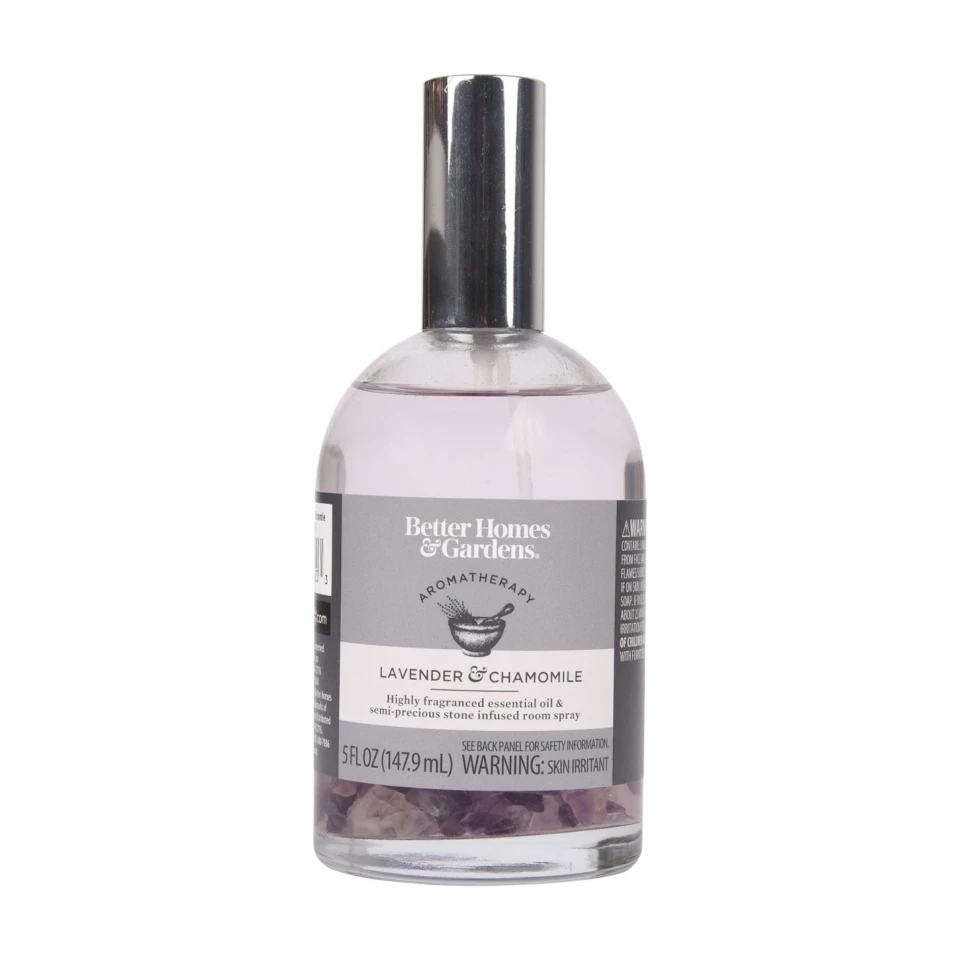Melioidosis is a rare tropical disease caused by exposure to water or soil containing the bacterium Burkholderia pseudomallei. Barely a dozen cases are diagnosed in the United States every year, and they are often found in people returning from traveling around Southeast Asia or northern Australia.
But over the course of the first half of 2021 the Centers for Disease Control and Prevention (CDC) picked up four cases of melioidosis is people with no history of travel. Initial genomic sequencing of the bacterial strains indicated a common bacterial source linked the four disparate cases who resided in four separate states.
By August the CDC was hard at work trying to track down a common link between these four cases, two of whom had died from their infection. Hundreds of different samples from each patient’s household were tested and now the CDC detectives believe they have homed in on the culprit – an aromatherapy room spray sold at Walmart.
The positive detection of Burkholderia pseudomallei was found in a product called "Better Homes and Gardens Essential Oil Infused Aromatherapy Room Spray with Gemstones." The product comes in six different scents and all have now been recalled after Walmart indicated they had been available in around 55 stores, and online, between February 2021 and October 2021.

Genomic testing confirmed the bacteria found in the spray bottle sample is linked to strains of the bacteria usually found in Southeast Asia. The product itself was manufactured in India.
A CDC spokesperson says there is no evidence of intentional contamination. Instead, the most likely explanation at this stage is accidental contamination at some point in the manufacturing process.
The aromatherapy spray bottle that tested positive for Burkholderia pseudomallei was found in the household of a melioidosis case in Georgia. Further work is needed to connect this positive detection to the other three melioidosis cases, but the CDC says because of the widespread availability of this product across the country it issued a public notice as soon as it detected the positive sample.
“Our hearts go out to the families that have been impacted by this situation,” says the director of CDC’s Division of High-Consequence Pathogens and Pathology, Inger Damon. “We at CDC have been very concerned to see these serious related illness spread across time and geography. That is why our scientists have continued to work tirelessly to try to find the potential source for the melioidosis infections in these patients. We hope this work can help protect other people who may have used this spray.”
Depending on how early an infection is caught and treated, melioidosis can have a fatality rate of anywhere from 10 to 40 percent. It is generally not transmitted person to person.
Symptoms can appear between two and four weeks after infection, and manifest in a wide variety of signs depending on the route of infection. For example, a localized infection starting in a skin cut or scratch can lead to fever, swelling and ulceration, while an infection that begins in the lungs can present in coughs, chest pain and headaches.
Needless to say, the CDC advises anyone who has this product in their home to stop using it immediately. The agency recommends anyone with recent exposure to the spray contact their doctor and discuss a potential antibiotic course as a preventative measure. Plus, the CDC advises anyone with one of these products in their house not dispose of it as regular trash.
“Double bag the bottle in clean, clear zip-top bags and place in a small cardboard box,” the CDC advises. “Return the bagged and boxed product to a Walmart store.”
Source: CDC, US Consumer Product Safety Commission





